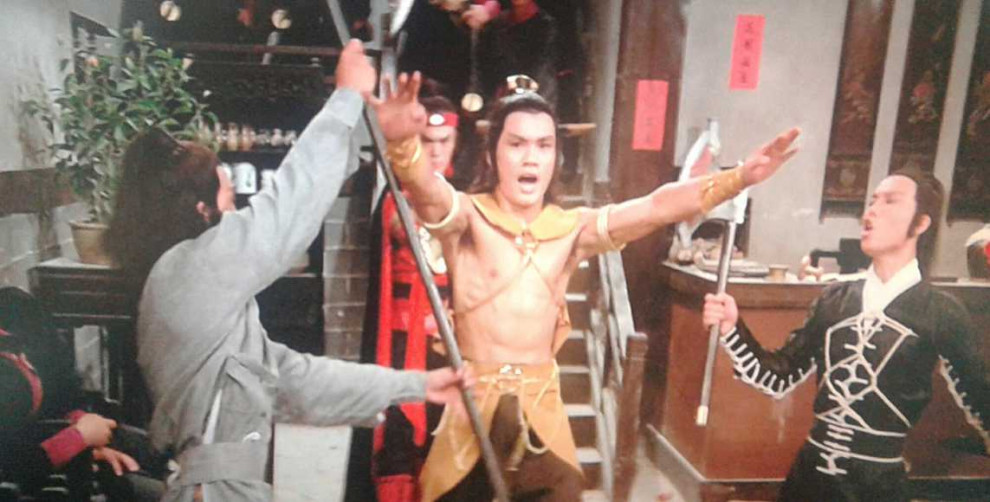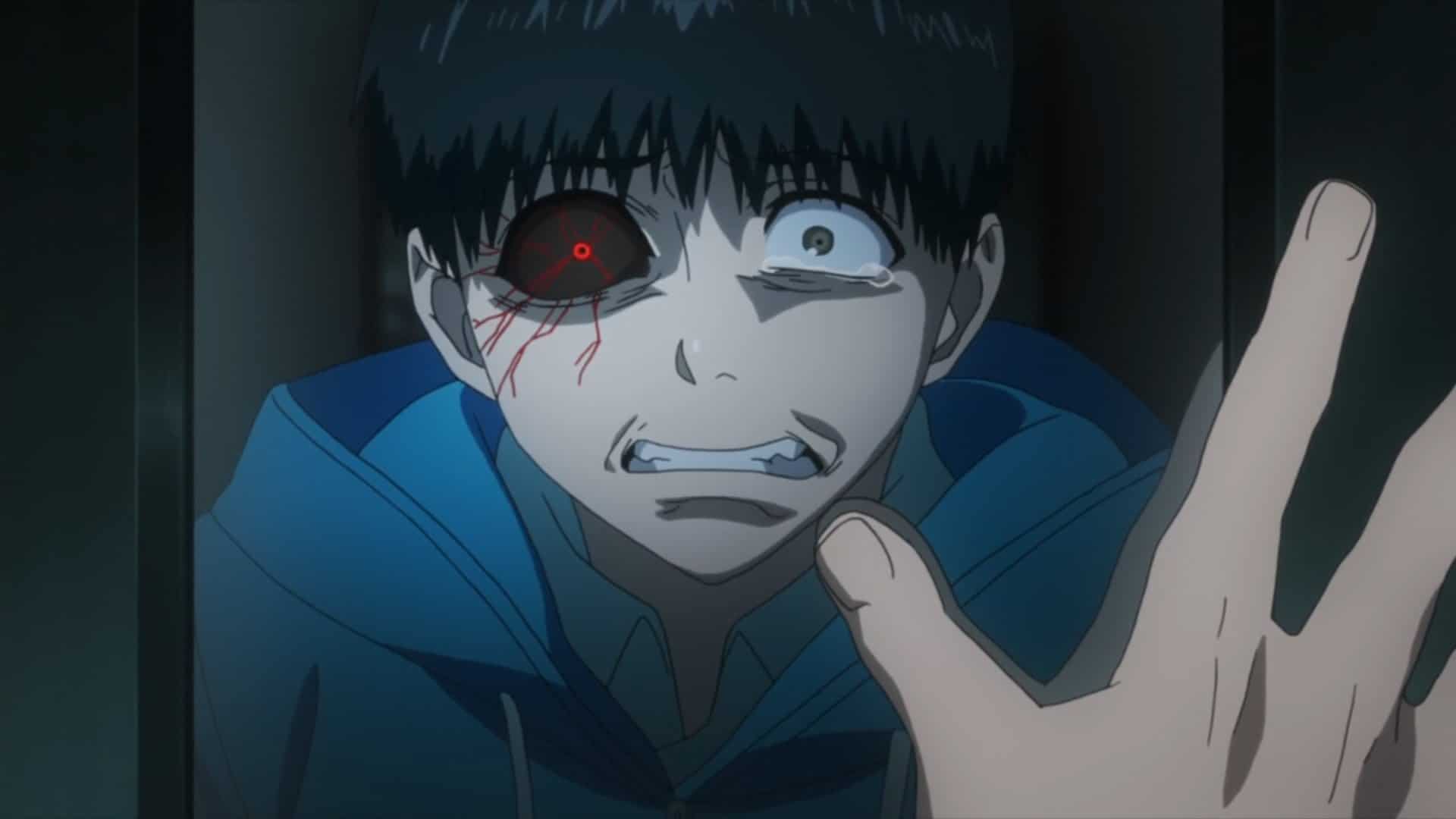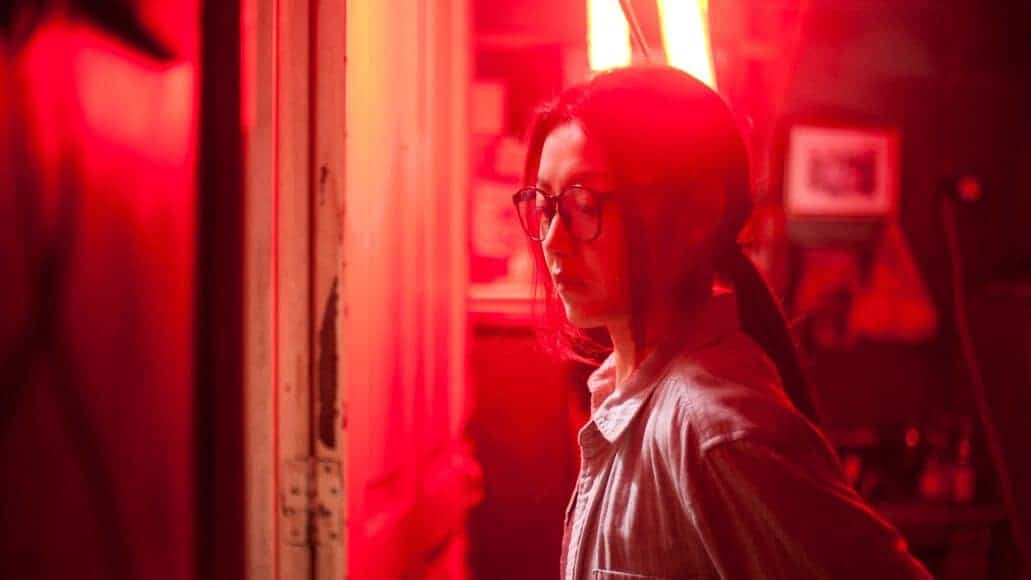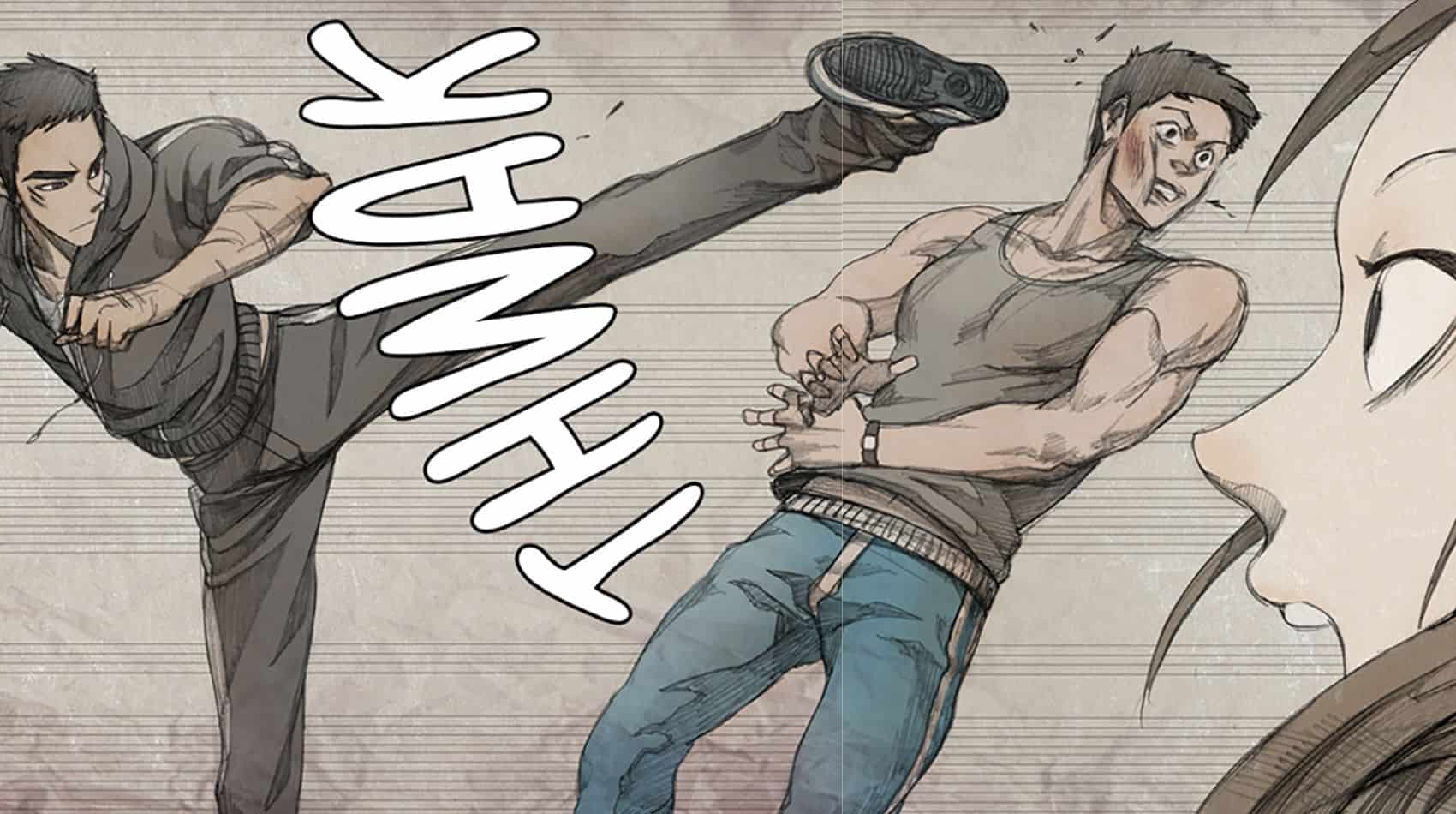When is a cult movie cult? It's a question asked many a time with no real defining answer as everyone will have their own opinion. Does that also mean that a movie studio can be considered cult too? For all the box office success it had in its heyday, Shaw Brothers now is less known to the mainstream and is instead firmly in the hearts of those movie fanatics that quite probably read these pages. With their studio bound sets, buckets of fake blood and sheer theatricality, the movies had a distinctive look but by the time “The Kid with the Golden Arm” was released times were already moving on an. So how does it fare now over 40 years later?
“The Kid with the Golden Arm” is screening on Fantasia International Film Festival
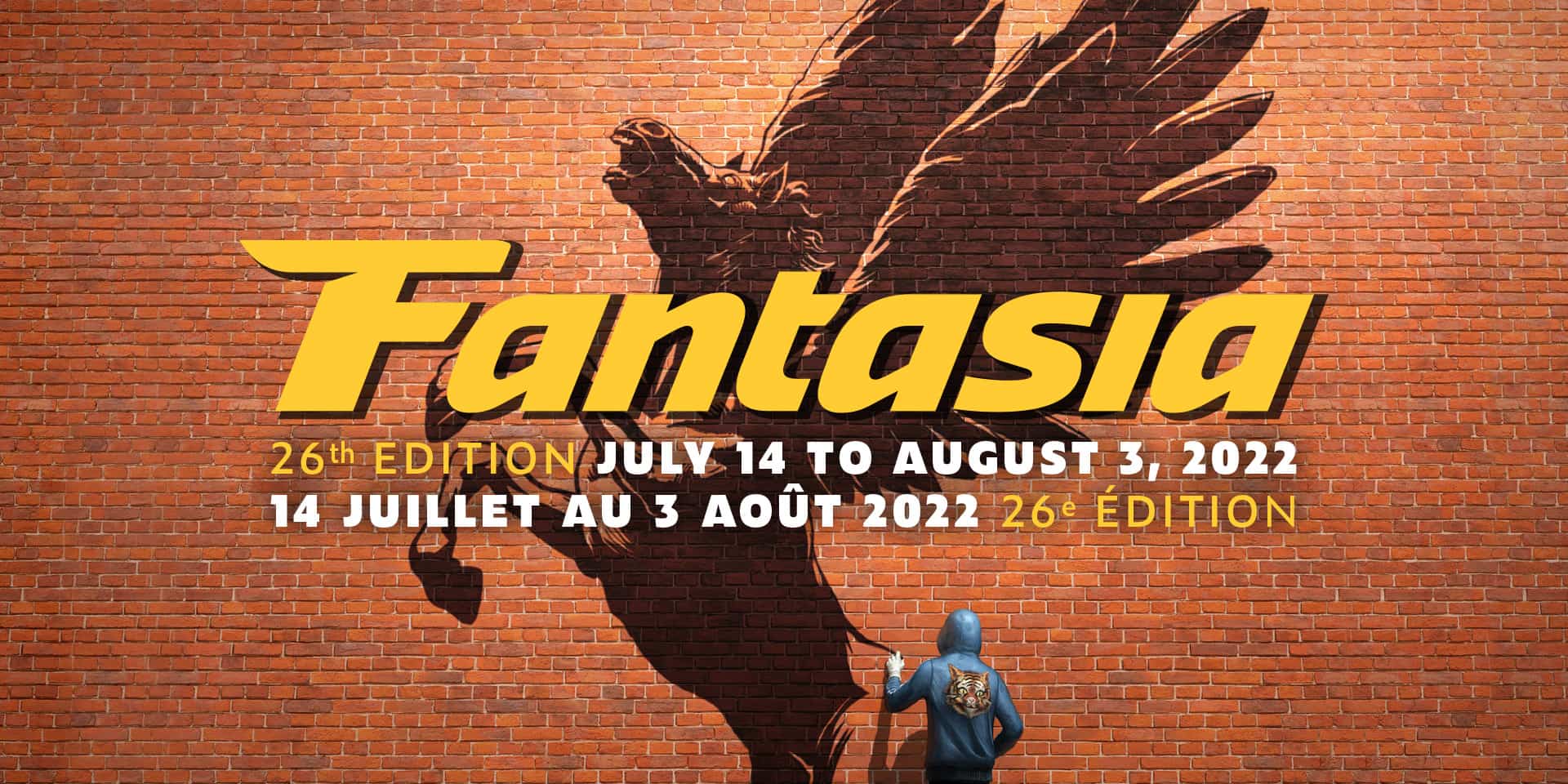
Yang Hu Yun (Sun Chien) is asked to escort a valuable cargo. Aware that the Chi Sha gang headed by Golden Arm (Lo Mang) seeks to rob them, he sets off assisted by swordsman Li Ching Ming (Wei Pei), swordswoman Feng Deng (Helen Poon), Long Axe (Shu Pei Sun) and Short Axe (Chiang Sheng). As the journey becomes more perilous, they find themselves aided by Hai Tao (Phillip Kwok), a drunken sheriff whose abilities attract the attention of both sides. Despite his help, their numbers dwindle as the true villain remains in the shadows

The visual aesthetic of studio sets was looking fairly dated when compared to contemporary product in 1979. However, given by this stage in his career Chang Cheh was going for all out insanity in his action movies, realism isn't an issue. In fact, the whole artifice actually adds to the charm. The opening with its martial arts practitioners against a one color background is a standard opening practice. It gives a sense of theater to the proceedings. With the acrobatic martial arts allied to the studio sets, it could almost be a cinematic version of a Peking opera. The range of martial arts techniques on display is also exaggerated, with brass head, sand palm along with the invincible golden arm that needs no weapons.
Plot-wise, it's the standard escort money to another destination whilst others attempt to steal it. It's been done so many times, but then plot is not why people generally watch these movies. What is interesting is some of the characterization. Short Axe and Long Axe appear to have wondered in from a light comedy with a double act that almost steals the film. Arguing about who gets to kill the seventh enemy as they have killed three each, they make for an entertaining duo. Swordsman Li Ching Ming feels like a critique of the swordsman ethos. Throughout the movie, he talks about honor and the heroic code. Yet is angry at being rescued by Hai Tao to the point of wishing to duel him. Having been hit with the Sand Palm technique, he is solely focused on the mission rather than being cured, because he does not fear death. Normally, this character is portrayed as noble in these films but here it is criticized as vanity. Even his demise denies him his idealized death as Golden Arm critiques his ability, which his actions then demonstrate. The female character will generally be the one holding back the hero, questioning the purpose of his heroism. Leng Feng starts like that, even at one point wishing a normal life. But instead of her being frowned upon as is usual Chang Cheh convention, she turns out to be right as Li Ching Ming is blinded by ego.
Action-wise the movie is very theatrical in movement. Phillip Kwok's athleticism is showcased spectacularly and all of the participants get their moment. Wei Pei gets the best supporting role as the doomed Li Ching Ming but as aforementioned, there is a bit more character to most of the roles. This tactic, along the usual narrative twists, makes the pace of the movie flow better than usual. At only 85 minutes, it flies by and has an interesting conclusion that again adds to the character moments that we have seen proceeding it.
Enjoyment of this movie will certainly be a question of taste. It's hard to describe it as dated, as was most likely dated upon original release. Now though, it exists in its own time capsule. The “Venom” movies (Chang Cheh's later day stable of actors) were never meant to be realistic so the visual aesthetic will either draw you in or push you away. The blatant theatricality means there will be no middle ground. If, like me, you have a love for these movies then you will be completely taken in by its charms. Others may prove more resistant. This though is cinema. Each unto our own and all the better for it as then we get to debate why we love what we do.


